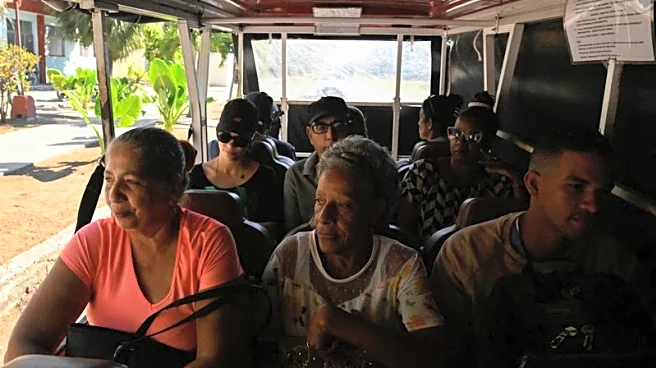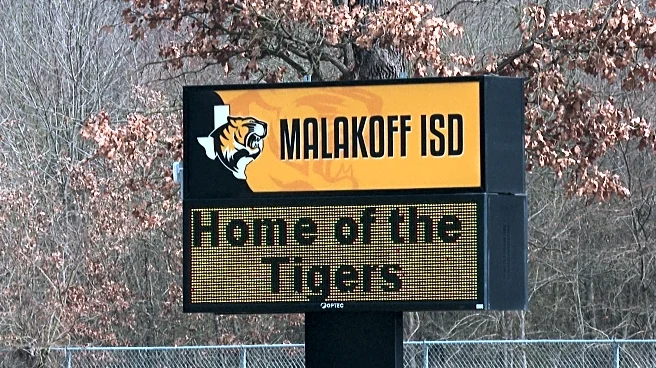What's Happening?
The Trump administration has significantly reduced the staff and operations of the Education Department's Office for Civil Rights, leading to concerns about the handling of discrimination complaints in schools. In response, states like Pennsylvania and California
are taking steps to establish their own civil rights offices to investigate and enforce federal and state laws. These state-level initiatives aim to fill the void left by federal downsizing, ensuring that students' rights are protected despite reduced federal oversight. The move reflects broader concerns about the impact of federal cuts on civil rights enforcement in education.
Why It's Important?
The reduction in federal civil rights enforcement raises concerns about the consistency and effectiveness of discrimination investigations in schools. State-level initiatives represent a shift in the balance of power between federal and state authorities in education, potentially leading to varied interpretations of civil rights laws across the country. This could affect students' access to protections and resources, depending on their location. The response by states highlights the importance of maintaining robust civil rights enforcement to ensure equity and justice in education.
What's Next?
States like Pennsylvania and California are moving forward with legislation to establish their own civil rights offices, which could serve as models for other states facing similar challenges. The development may lead to increased state involvement in civil rights enforcement, potentially influencing national education policy. Legal challenges to state-level initiatives could arise, particularly regarding the scope and authority of these offices. The situation may prompt further discussions on the role of federal and state governments in protecting civil rights in education.


















